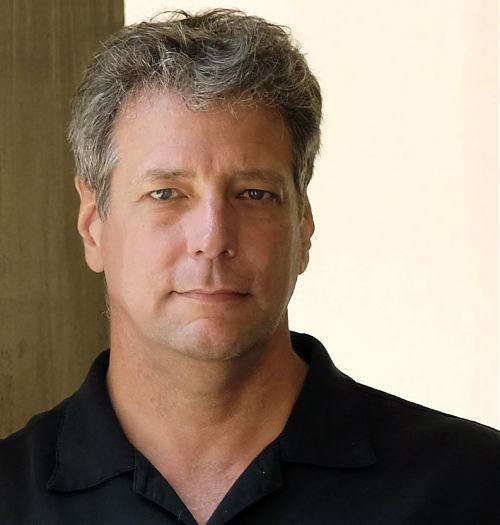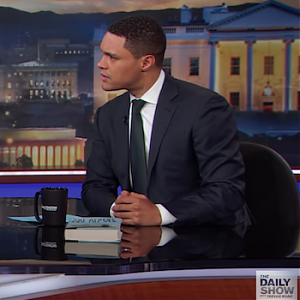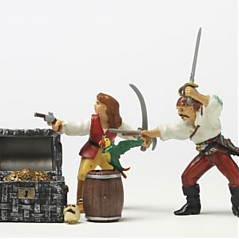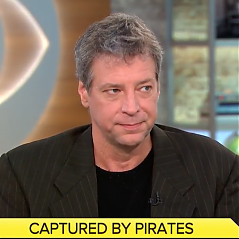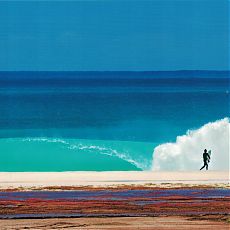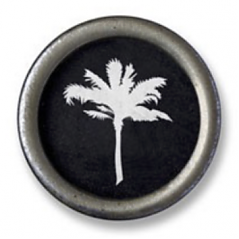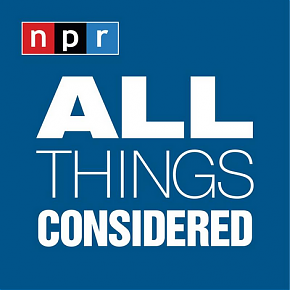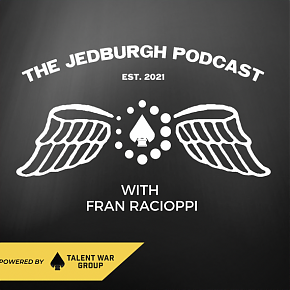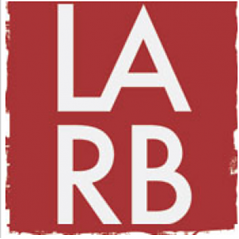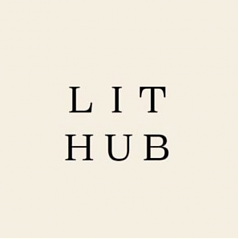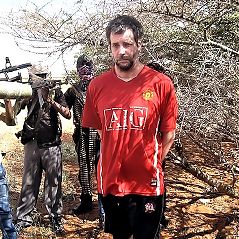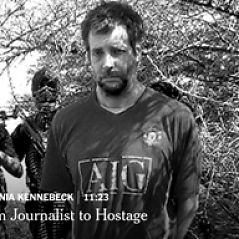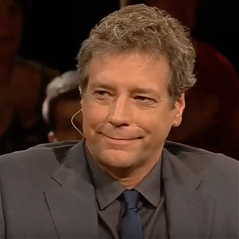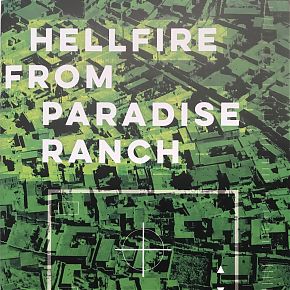Day of the Oprichnik, 16 Years Later
The novelist Sorokin, the president Putin, his man Dugin, and the war in Ukraine
April 2022

IN HIS SARCASTIC NOVEL Day of the Oprichnik, Vladimir Sorokin imagines a wealthy, dominant, ultra-modern but revanchist Russia in the distant Year of Our Lord 2028. A tsar-like monarch has been restored, Communism is remembered as a time of the “Red Troubles”; Red Square, in fact, has been painted white. His Majesty’s inner circle consists of about a dozen gleefully amoral oligarchs who kill on Kremlin command. The term for these men, oprichniki, will carry a Russian reader back to the bloody rule of Ivan the Terrible (1547–84), when an oprichnik was a member of the vast royal guard, a group of loyalists who terrorized Russian civilians on horseback, with severed dogs’ heads attached to their saddles to evoke the hounds of hell.
Sorokin wanted to imagine what Russia might become if the country’s future was determined by its staunchest traditionalists and reactionaries—especially the political philosopher Aleksandr Dugin, but also Vladimir Putin, who was still a newish president when the novel appeared in 2006. The invasion of Ukraine is the most savage and lurid expression so far of both men’s political visions, and with every official excuse for the war, every irrational justification, Putin and his people seem to reveal a little more of their Duginist fantasy. Putin has dismissed the idea of Ukrainian nationhood; he likes to remind his public of earlier centuries of Russian imperialism, and his foreign minister Sergei Lavrov has even said the current war will mark the end of the American “uni-polar world,” a particular obsession of Dugin’s. With all that in the foreground, it’s worth considering what Sorokin was up to more than fifteen years ago.
The oprichnik in question, Andrei Danilovich Komiaga, is an oligarch who maintains a veneer of Christian piety. He wakes up to his ringing mobilov and hauls his hangover out of bed. He says a prayer with his good servant Fedka before enjoying a restorative soak in the Jacuzzi. His ravishing maid, Tanyusha, serves a solid Russian breakfast of cheese pancakes with steamed turnips and honey. Then Komiaga watches the news and strides out to his gleaming red Mercedov, where a groom presents the head of a freshly killed wolfhound for the day’s hood ornament (“Andrei Danilovich, your approval!”). The Mercedov glides Komiaga through Moscow traffic to his first patriotic task of the morning.
In Sorokin’s near future, a Western Wall separates Russia from the teeming and declassé continent of Europe, from “stench and unbelievers, from sodomites, Catholics, melancholiacs”—and above all from cyberpunks, who seem to be a problem. During his morning routine Komiaga considers the value of the ruble against the yuan, but he thinks hardly at all about the United States. This is Russia Reborn, as Aleksandr Dugin might imagine it: Moscow lies the heart of a vast and vital Eurasian alliance, where the EU matters less than China, and NATO has crumbled, relegating the liberal-minded United States to its rightful status as a pissant regional power. The glories of Tsarist Russia mix with 21st-century luxuries, and even the words for Mercedes, mobile phone, and a Boeing jetliner have been Russified.
This Russian-nationalist dream is not just Aleksandr Dugin’s; it’s shared by many rich and frustrated people in Putin’s circle. But Dugin has been a particularly visible champion of a new totalitarian Russia built on an old tsarist model. In the 1980s, he was a religious-minded dissenter against Communism who became a nationalist philosopher after the embarrassment of 1989. Since the turn of the century he’s been a sometime counsellor to Putin as well as a figure of fascination to people in the West like Alex Jones. He’s referred to, glibly, as “Putin’s brain,” but Putin has plenty of advisors to choose from; in an interview with 60 Minutes Dugin just nodded at the label and said, “The base of this affirmation is precisely the correspondence between what Putin does and what I always say.”
What he says is frequently nuts. He predicted the annexation of Crimea in 2008, and in 2014, when it happened, he said a wider war with Ukraine would be “inevitable.” He wrote that “Ukraine as a state has no geopolitical meaning,” in 1997, a sentiment Putin has often repeated, and he regards the NATO alliance as an “Atlanticist Anaconda.” A number of far-right commentators in America have fallen in love with Dugin’s calm-voiced hatred for Western liberalism, and a great deal of Republican admiration for Russia as a Christian, white-dominated state can be traced to his ideas. The fascinating part is that these ideas walk hand-in-hand with visions of a Russian imperium that most American podcasters and members of Congress could safely ignore until February 24, when Putin invaded Ukraine.
None of the Duginist vision, of course, can be realized without some old-fashioned discipline for dissenters. So Komiaga, Sorokin’s fictional oprichnik, arrives in his Mercedov at the dacha of a dissenting nobleman, where a number of oprichniki cudgel down the door and find their victim cowering, with his beautiful wife, in a spacious Russian white-tile oven.
The noble’s hands are immediately tied, and a gag stuffed in his mouth. He’s pushed by his elbows out into the yard. And the wife . . . We’ll handle the wife in a merrier fashion. That’s the way it’s usually done. She’s tied to the butcher table.
Komiaga is surprised to hear orders to burn the nobleman’s house: property of disloyal noblemen typically passes to the oprichniki. It’s how Komiaga got his spread, after all.
Later in the day he reports in person to the Kremlin, where he meets His Majesty’s wife, a cold but frivolous woman who can’t understand what animates the Russian people against her. She greets Komiaga with warm irony (“Hello, murderer”), and her beloved nervous greyhound feasts on finely chopped dove meat from a shell. (“Eat up now, my little oyster.”)
Komiaga describes a concert by a popular folk singer who performed a bitter song about Her Majesty earlier in the day, in a crowded auditorium, where a counter-protest, involving government plants in the audience, has flopped. Komiaga’s been summoned to explain the failure.
“Your Highness, it’s just a handful of malicious dissenters.”
She looks at me like a tigress at a mouse. I regret opening my mouth.
“It’s not a handful of dissenters, you idiot. It’s our barbaric people!”
I understand. The Russian people aren’t easy to work with. But God hasn’t given us any other people. I keep quiet. But Her Highness, forgetting about food, presses the end of her closed fan to her lips:
“They’re envious because they’re slaves. They know how to pretend. But they don’t really love us, the powerful. And they never will. If they had the chance—they’d cut us to pieces.”
This rhythm in Russia, of repression and violent revolution, is well known to Sorokin, who first emerged as a writer under Soviet rule in the 1980s, when he was no less irritating to the Kremlin. He’s not just a satirist but also a speculative fantasist, and he became angrily political after Putin came to power. Day of the Oprichnik has almost nothing in common with the earnest Soviet protest novel echoed in its title, Aleksandr Solzhenitsyn’s masterful One Day in the Life of Ivan Denisovich; instead it’s a fierce political cartoon painted in lashing strokes. Putin himself has been erased from this fictional world, but the pointed humor will be apparent to any Russian.
Mr. Dugin makes a brief appearance in the shape of an “old jester” named Duga. When Her Majesty swans away from her meeting with Komiaga in a soft cloud of balalaika music and flattery, she finds a crowd of “hangers-on” who bow and scrape:
Two old jesters run up to her—Pavlusha the Hedgehog and Duga the devil grab her by the hands, pull her along, kissing her fingers. As always, round-faced Pavlusha mutters, “Pow-yer, pow-yer, pow-yer!”
Hairy Duga grunts along:
“Eur-gasia, Eur-gasia, Eur-gasia!”
The rest begin to dance in a circle around Her Highness. I can see right off—her face grows kinder, her eyebrows calmer, her eyes no longer flash.
Some argue that Dugin has no real public face in Russia, that he’s overhyped in the West and interviewed on television precisely because of his weird ideas. If so, Sorokin deserves credit for bothering to skewer such a marginal figure, because his vision has played out with brutal consistency in the meantime. Pundits from Tucker Carlson to Glenn Greenwald have flattered Dugin’s viewpoint that NATO has threatened the security of Russia since the Cold War ended in 1991, and it’s true that people outside Eastern Europe have lived with the luxury for thirty years of wondering why NATO should even exist, now that the reason for it—the Soviet Union—doesn’t. That changed in February. What seems hard to deny is that NATO poses a direct and fatal danger to the grandiose, traditionalist vision of Eurasia, and therefore any debate over membership for Ukraine will sound like a “threat” to Russia itself.
Sorokin saw these currents twenty years ago. He was a victim of them in 2002, when a pro-Putin youth group gathered in front of the Bolshoi Theater to demonstrate against an opera that Sorokin had written (as librettist). The kids tossed copies of his 1999 novel Blue Lard into a great papier-maché toilet. For the same novel Sorokin was charged under Russian law as a pornographer, because of a fictional sex scene between former Soviet premiers Nikita Kruschchev and Josef Stalin. Sorokin claims to have written Day of the Oprichnik in response to the protest in a single white-hot month; he ends the novel with a group-sex scene among the Orthodox oprichniki. He takes no prisoners, in other words—he knows what he’s up against, and he spits it in the eye—and Day of the Oprichnik works as an enduring caricature of Russian strong-man culture as envisioned by its latest Strong Man, who, if he keeps it up, will be remembered as the numbskull who set Russia back a few hundred years by removing it from the community of nations and sinking it under mountains of pointless war debt. It will be nice if he takes a few of his American defenders with him.
Michael Scott Moore
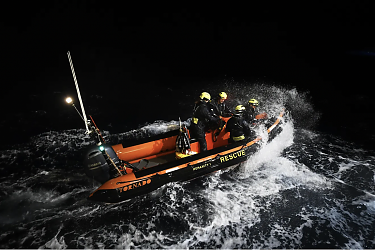
Rafts of the Medusa
Why every day on the Mediterranean is a new scandal for Europe. For both Foreign Policy and Die Zeit.
California’s Attempt at Land Reparations
How land seized from a Black family 100 years ago may be returned. The Bruce’s Beach story from a hometown angle, for The New Yorker
Day of the Oprichnik, 16 Years Later
The novelist Sorokin, the president Putin, his man Dugin, and the war in Ukraine. For n + 1.
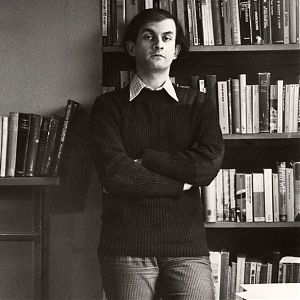
The Rushdie Narrative
Knife and the crumbling ground beneath free speech
There Must Be Some Way Out of Here
An essay on Bob Dylan, “All Along the Watchtower,” and Somali pirate captivity.
That Mystic Shit
The life of Lou Reed in two biographies
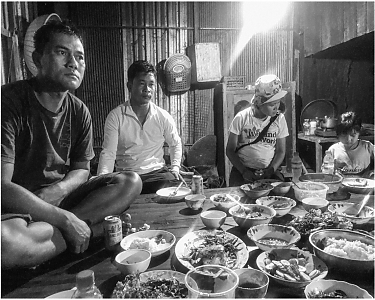
Cambodian Seafarers Talk About Pirates
Mike visits Cambodia for The New Yorker to talk about a harrowing shared experience in Somalia
The Muslim Burial
Cambodian hostages remember digging a grave for one of their own. A sequel chapter to The Desert and the Sea
The Real Pirates of the Caribbean
Adventure journalism in Southern California. A travel essay for The Paris Review.

Antifa Dust
An essay on anti-fascism in Europe and the U.S., for the Los Angeles Review of Books
Was Hitler a Man of the Left?
A book that helped Republicans in America lose their damn minds.
Ghosts of Dresden
The Allied firebombing of Dresden in 1945 destroyed the baroque center of what Pfc. Kurt Vonnegut called, in a letter home from Germany, “possibly the world’s most beautiful city.”
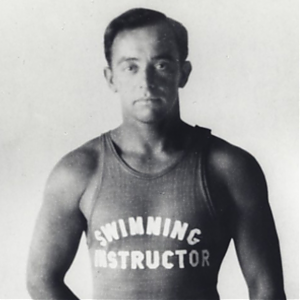
George Freeth, Biographed
The first academic treatment of America’s surf pioneer. Also, was Freeth gay?
It’s Called Soccer
Americans live on what amounts to an enormous island, defended on two shores by the sea, and we’ve evolved a few marsupial traditions that nobody else understands.
Tilting at Turbines (in the Severn River)
The morning was clear and cold, with frost on the church steeple and the cemetery grass. I had a quick English breakfast at a white-cloth table, in my wetsuit, and drove to Newnham, a village on the Severn River in Gloucestershire, parking near the White Hart Inn.
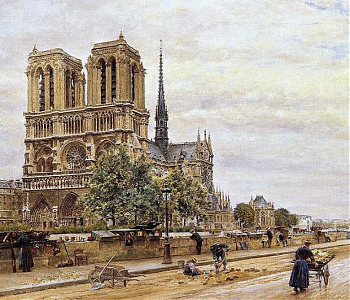
The Curse of El Rojo
I’d packed the car lightly — a bag of clothes, a bag of cassette tapes, a backpack of books, a few essential tools.









